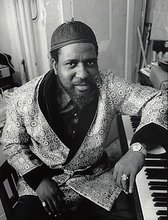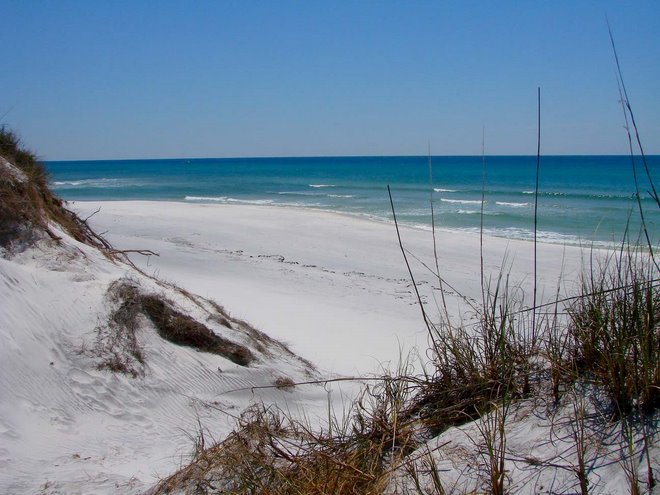Tuesday, May 06, 2008
Beehive Bound
When I return home I will be journeying to the University of Alabama to deliver my step-daughter to cheerleader camp. That should be a mighty interesting blog post, so stayed tuned for my dispatch from Tuscaloosa.
Friday, May 02, 2008
Hawaiian Secession?
Group members left the palace grounds Wednesday afternoon, but vowed to return Thursday morning, The Honolulu Advertiser reported.
"We'll be here at 6 o'clock in the morning," Kahau told the newspaper.
The group is one of several in Hawaii that reject statehood and seek to return to the constitutional monarchy that effectively ended in 1893 when a group of politicians, businessmen and sugar planters -- aided by the U.S. minister to Hawaii -- overthrew the kingdom's government.
The monarchist groups say that the kingdom was overthrown and annexed into the United States illegally.
Hawaii's office of the attorney general did not immediately return a phone call seeking comment on Wednesday's action.
The staff of Iolani Palace, built in 1882 and now operated as a museum, shut down the building to visitors. The 60 or so protesters occupied the grounds, chaining the gates and stationing guards there to explain to visitors the purpose of the action.
The group later reopened the gates, but remained on the grounds and the building was kept closed.
"It saddens my heart to have to turn away visitors," said palace staff member Cindy Ascencio, who added that although she, too, is a native Hawaiian, she does not understand the actions of the group. Ascencio also said that the group appeared peaceful and she was not concerned about security.
Jose Carrion, a visitor to Hawaii from Puerto Rico, told Honolulu's KHON-TV that he was "disappointed" he wouldn't be able to visit the ornate palace and "learn about the culture of the Hawaiians."
"We wanted to come here precisely because we thought we'd learn something about the history of Hawaii and the last queen and the monarchy," said Carrion, who said he had reservations for the visit. "But we're leaving tomorrow so we won't get to see the palace."
But Carrion also said he "kind of understood" the actions of the group.
Puerto Rico and Hawaii, along with Guam and the Philippines, were annexed into the United States in 1898 after the Spanish-American War. Guam and Puerto Rico remain territories of the United States. The Philippines gained independence after World War II, and Hawaii became the 50th state in 1959.
Although the monarchy was not overthrown until 1893, its fate effectively was sealed six years earlier when the same group that forced the overthrow imposed a new constitution on King David Kalakaua, who was forced to sign it under threat of arms.
The document dramatically reduced the authority of the monarchy and instituted voter requirements that limited voting to wealthy businessmen and Hawaiian landowners, barring 75 percent of the native Hawaiian population and all Asians.
When Queen Lili'uokalani ascended the throne after the death of her brother in 1891, she began work on a new constitution that would have effectively reversed the 1887 document. With the help of John L. Stevens, the U.S. minister to Hawaii, the elite group that had changed the constitution in 1887 opposed the queen's actions.
Two years later, under threat of U.S. troops, she yielded her authority, saying, "Until such time as the Government of the United States shall ... undo the action of its representative and reinstate me in the authority which I claim as the constitutional sovereign of the Hawaiian Islands."
The queen was later imprisoned in Iolani Palace for eight months for her participation in an attempted 1895 revolt, until she relinquished her claim to the throne in return for her release. She died in 1917 at 79.
In 1993, the U.S. Congress approved, and President Clinton signed, an apology to the people of the Hawaiian Islands. The document "acknowledges that the overthrow of the Kingdom of Hawaii occurred with the active participation of agents and citizens of the United States and further acknowledges that the Native Hawaiian people never directly relinquished to the United States their claims to their inherent sovereignty as a people over their national lands, either through the Kingdom of Hawaii or through a plebiscite or referendum."
Let's hope that this is the start of a trend nationally and that other secession movements will spring up to reclaim local sovereignty from the imperial rulers in DC.God bless you Hawaii! May you yet reclaim your independence.







